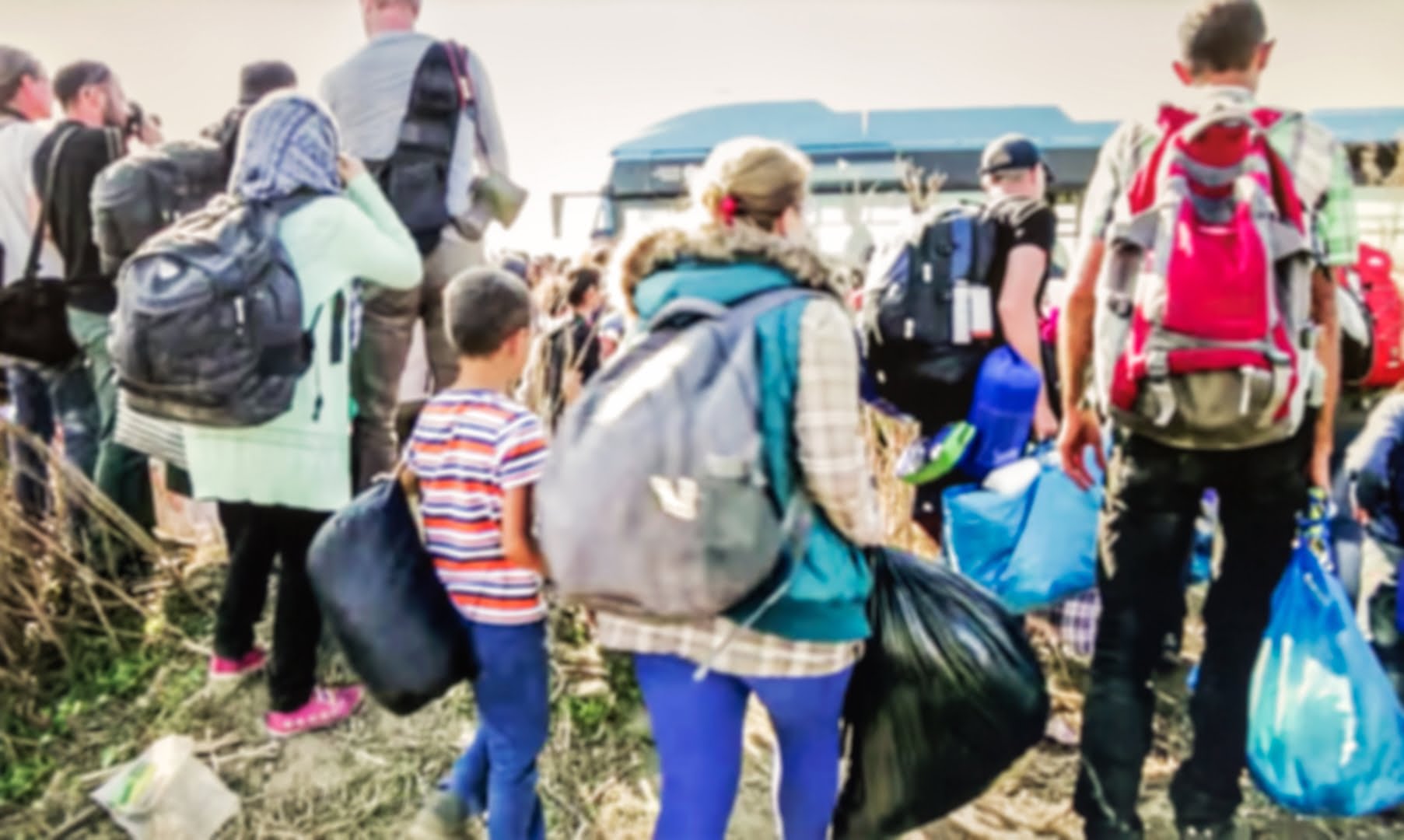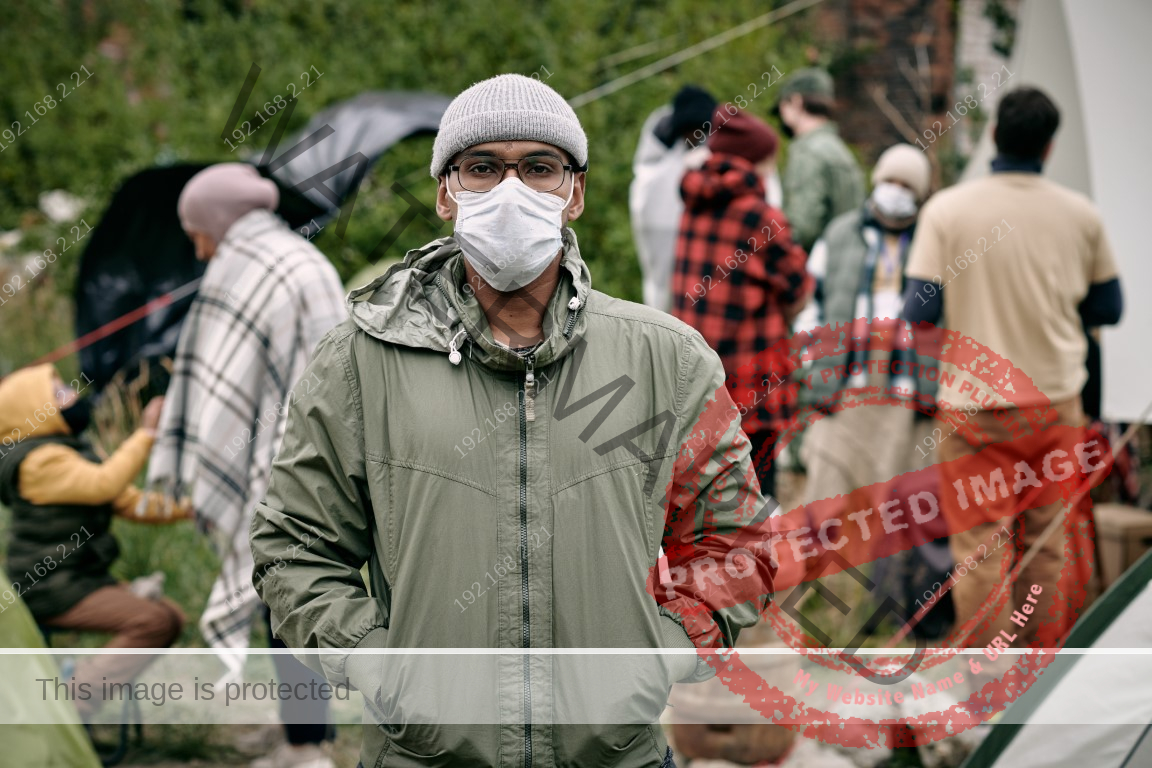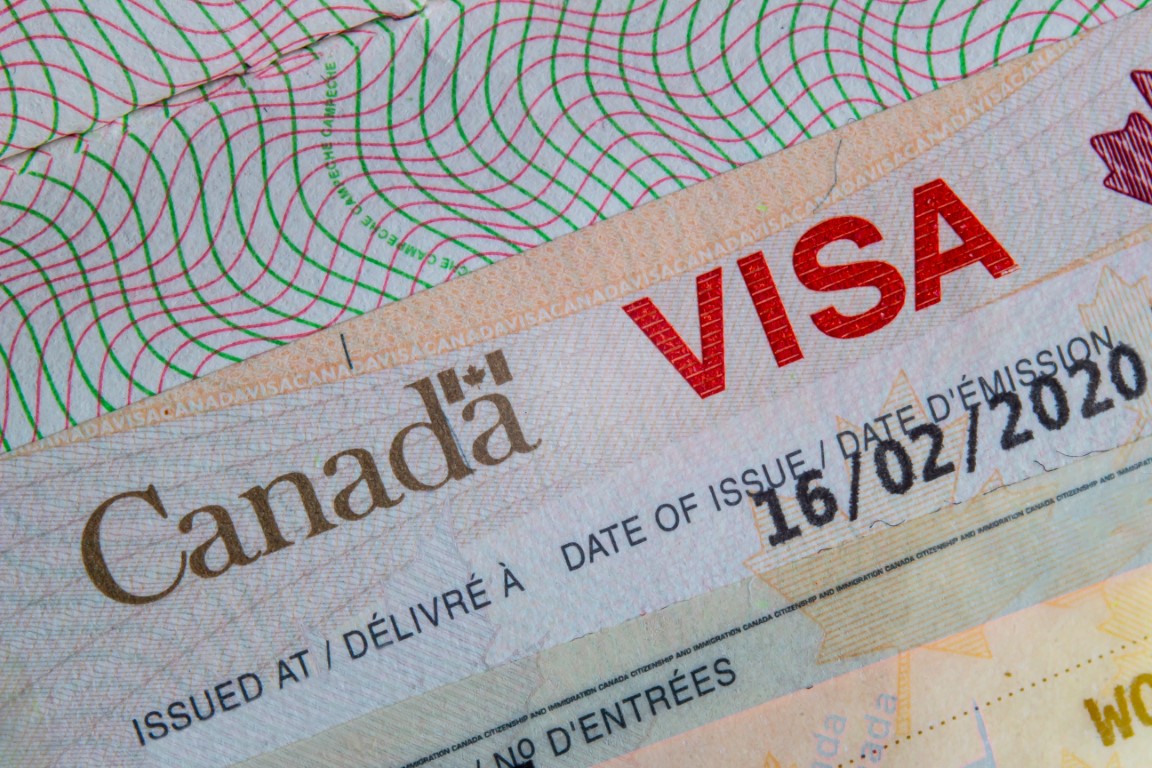At the forefront of global efforts to address the escalating refugee crisis, Canada continues to demonstrate a deep commitment to humanitarian aid and refugee resettlement. This commitment was prominently showcased at the 2023 Global Refugee Forum in Geneva, Switzerland, where Canada, under the guidance of the Honourable Marc Miller, Minister of Immigration, Refugees and Citizenship, presented a series of pledges that underline its role as a leader in this humanitarian effort.
In recent years, Canada has distinguished itself as the top receiving country for refugees, resettling over 46,500 individuals from 80 countries in 2022 alone. This achievement marks the fourth consecutive year of Canada leading the world in welcoming those fleeing hardship and persecution. Such efforts are a testament to Canada’s whole-of-society approach to refugee responses, involving close collaboration with like-minded governments, civil society partners, non-governmental organizations, academics, and refugee-led organizations.
A cornerstone of Canada’s humanitarian actions includes its significant role in the resettlement of Afghan refugees. With over 40,000 Afghans finding a new home in Canada, the country has established one of the largest Afghan resettlement programs worldwide. This commitment extends beyond resettlement; the Canadian government announced a $21 million contribution to the International Organization for Migration (IOM) to support vulnerable Afghans in neighboring Central Asia and Pakistan.
Recognizing the myriad challenges refugees face, Canada has committed $14 million to the IOM’s pre-arrival services, ensuring that refugees receive essential support, including transportation, accommodation, interpretation, and other necessary aids. Upon arrival, refugees are not only welcomed as permanent residents but are also provided with financial and settlement support for a year, facilitating their successful integration into Canadian society.
Canada’s humanitarian endeavors are characterized by a gender-responsive approach, addressing the life-saving needs of those affected by crises. The country continues to allocate significant funds to humanitarian partners, focusing on the most pressing needs in new and ongoing refugee contexts. This approach reflects Canada’s dedication to offering protection and assistance to the world’s most vulnerable populations.
Looking to the future, Canada has set an ambitious goal to resettle over 136,000 refugees in the next three years. This goal underscores the country’s commitment to protecting diverse groups, including women, ethnic and religious minorities, LGBTQI+ communities, Rohingya refugees, and human rights defenders. Additionally, Canada is pioneering complementary pathways for refugees, such as the Economic Mobility Pathways Pilot, further expanding the avenues through which refugees can find safety and stability.
Education is a key focus of Canada’s humanitarian efforts, as evidenced by its co-sponsorship of the Securing Sustainable Futures mega-pledge. This initiative aims to ensure that all refugee children receive quality education, a critical step in providing long-term solutions to the refugee crisis. Moreover, Canada recognizes the intricate link between climate change and displacement, providing funding to the IOM to support Mexico in developing methodologies to understand and respond to this challenge.
Minister Marc Miller’s presence at the forum underscored Canada’s unwavering commitment to addressing the global migration crisis. His pledge to make meaningful, life-saving contributions reflects a deep sense of responsibility towards refugees and displaced people worldwide. Adding a personal dimension to Canada’s efforts, Tsering Thonsur, a Tibetan stateless refugee and advisor, highlighted the importance of including refugees in decision-making processes, showcasing their resilience and vital contributions.
With over 114 million people displaced globally, Canada’s role in the Global Refugee Forum is more than a gesture of goodwill; it is a necessary act of global leadership and responsibility. As Canada continues to make strides in refugee resettlement and humanitarian aid, its example serves as a beacon of hope and action for the international community.












